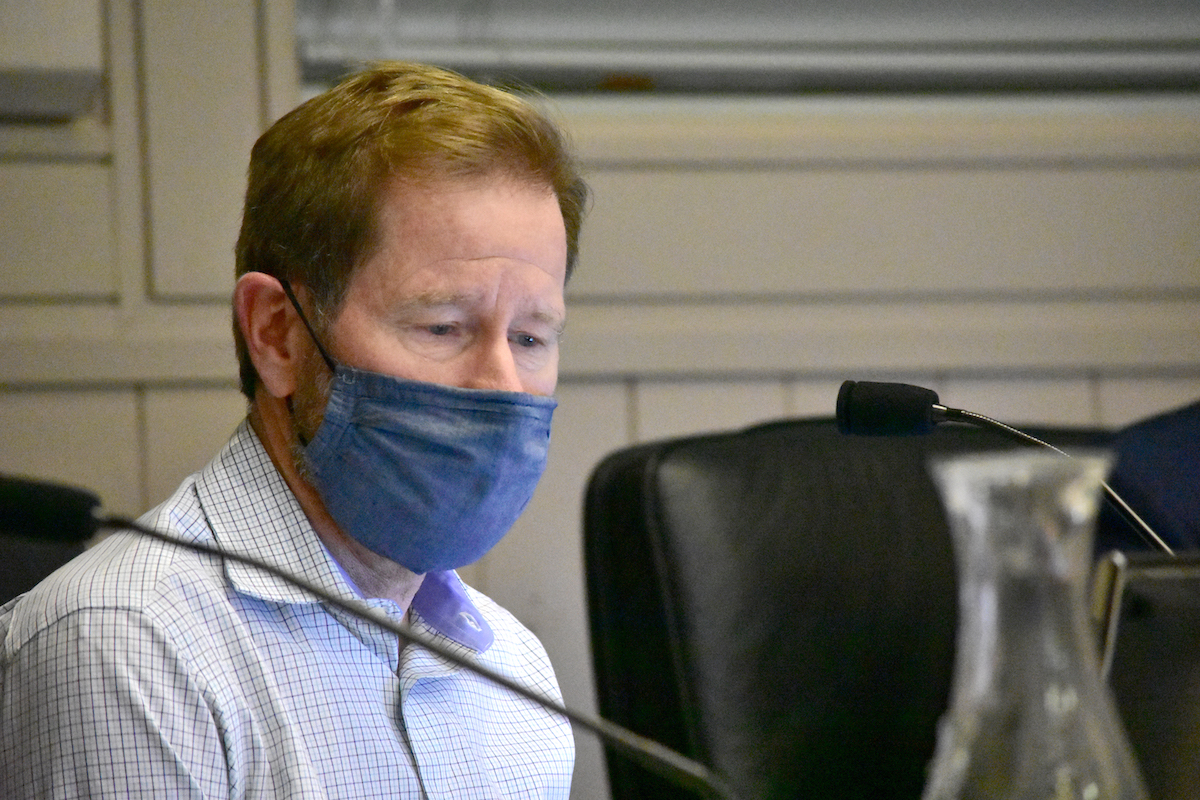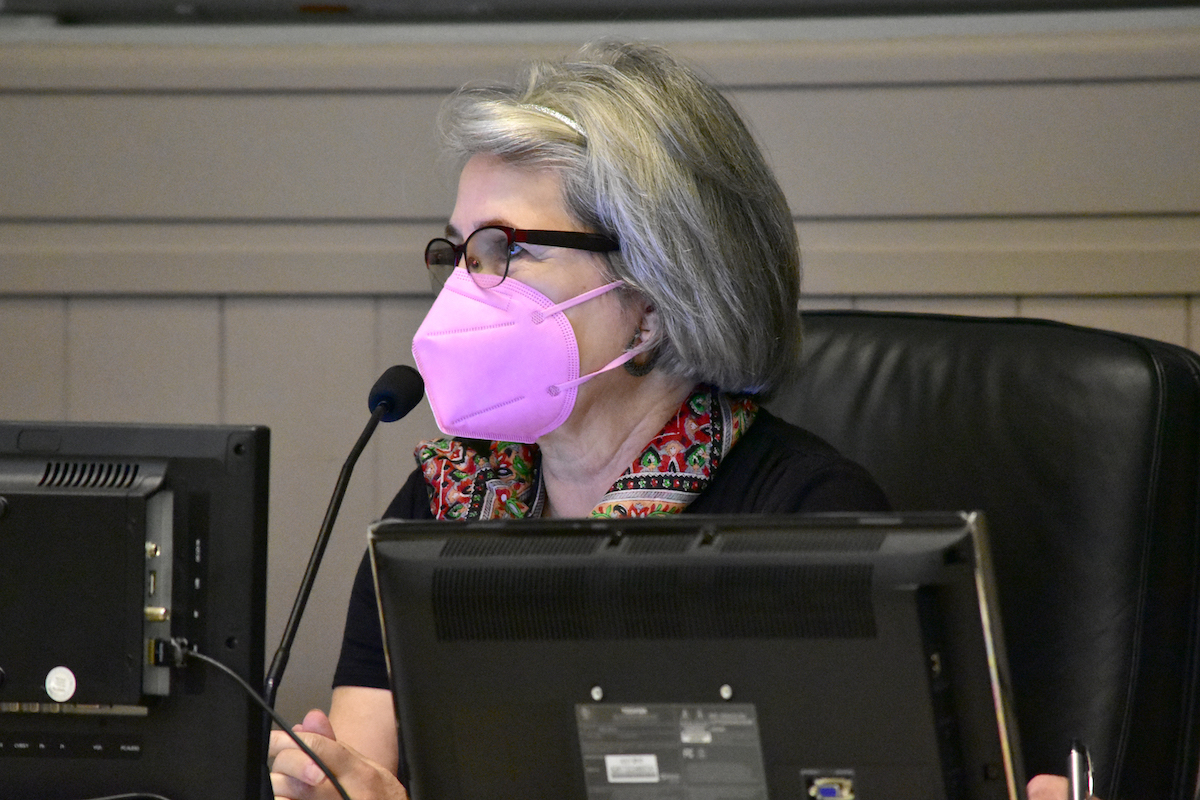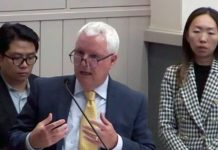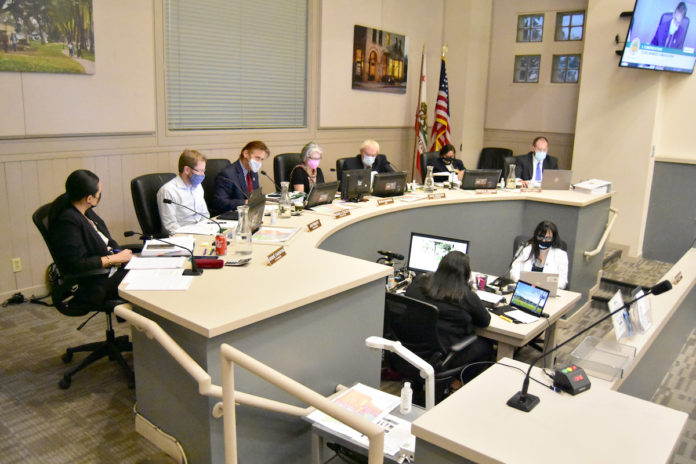Following a recommendation from its Finance Commission, the South Pasadena City Council on Oct. 20 voted 4 to 1 to amend its investment policy to divest from “businesses that refine and/or extract oil or coal.” The decision on the investment policy, which is reviewed annually, was opposed by Council Member Jon Primuth, who called the provision “largely symbolic” and said it was “too broadly” written.

A number of other local California governments, mostly in the San Francisco Bay region, have already adopted such policies. As of 2019, the only LA county municipality with such a policy was Santa Monica, which adopted its resolution in 2013.
But other LA County governments, such as the cities of Carson and Los Angeles, have adopted anti-fossil fuel actions. According to Elected Officials to Protect America, over 115 local California governments had implemented a range of policies “to protect their communities from fossil fuels, including phase-out plans or setbacks on oil and gas drilling, climate lawsuits, divestment from fossil fuel companies, or opposing expansion of fossil fuel product or infrastructure.” EOPA spokeswoman Ramona du Houx said that while its list has not been updated since 2019, “there is currently a trend, especially around the Los Angeles County area, that more cities want to do this.”
The decision forces the city to sell just over $350,000 of bonds issued by Exxon Mobile Corp. and Chevron Corp, about 2 percent of a $17.6 million city-controlled portfolio. Interim Finance Director Ken Louie, making his first formal presentation to the city council, said the fiscal impact of the policy would be nominal, amounting to less than a $1,000 in accrued interest.
The city also has about $30 million in the state-operated Local Agency Investment Fund. LAIF is part of a Pooled Money Investment Account (PMIA) that includes state surplus money and its general fund balance. Its investment decisions are made by a board composed of the State Treasurer, Controller and Director of Finance.
Neither state law nor its investment policy prohibits the PMIA from investing in fossil fuel securities. But state Deputy Treasurer Tim Schaefer told the South Pasadenan News that PMIA “does not presently hold, and as a matter of practice doesn’t intend to hold, securities issued by companies that engage primarily in the extraction or refinement of oil, coal or natural gas.”
In fact, no such companies are among PMIA’s approved issuers of commercial paper, and PMIA quietly phased out of its last position in a major fossil fuel security ten years ago when it let Chevron securities mature off its portfolio.
But that doesn’t mean PMIA may not hold positions in companies such as a bank which has loaned money for a fossil fuel related activity.
Schaefer couldn’t say if divestments of local governments from the fossil fuel industry is a “trend,” but he said “there is a great deal of activity and conversation heading in this direction. Clearly, this is on the minds of a whole lot of people, city councils, boards of supervisors and school boards.”
Primuth complained there’d been “hardly any discussion” about the policy. Some energy companies are diversified, he said, and may aggressively invest in renewable energy while their main business is still fossil fuel. The policy as proposed to the Finance Commission was so “generic” that it could even have prohibited purchase of US Treasury bonds, since the US owns the Strategic Petroleum Reserve. He said the policy needs more thought and was merely pushed “because it is popular.” He proposed narrower language prohibiting businesses that derive most of their profit from fossil fuel unless they are making significant strides in renewable energy.
Mayor Diana Mahmud said as chair of the Clean Power Alliance, which has been receiving bids from renewable energy developers, none were from entities affiliated with major fossil fuel companies.

She also noted Exxon “for years” patterned itself after tobacco companies hiding the effects of smoking by withholding what it knew about the effects of burning fossil fuel on climate change, “denying and actively working against” addressing the issue and so needlessly imposing considerable costs on society.
Council Member Mike Cacciotti raised another issue, noting that the city’s fossil fuel holdings were among the corporate bonds with the lowest yields in the portfolio—1.94% for Exxon and 1.52% for Chevron. Of the 31 corporate bond holdings, only three—Schwab, Prudential and US Bancorp–have lower yields.



















.png)










